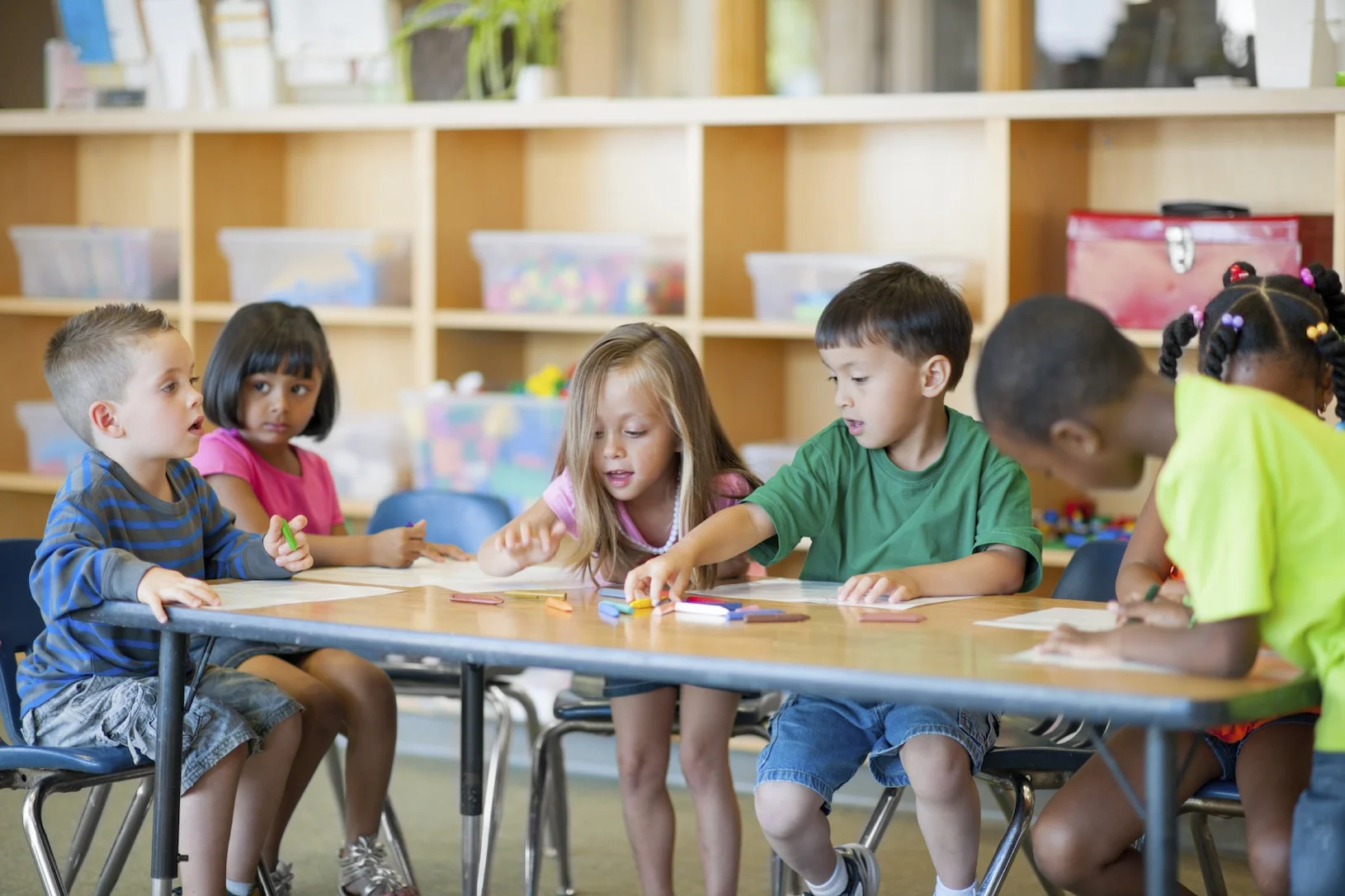Starting the new school year is exciting, but it can also be nerve-racking for some children. Anxiety is a complicated for kids so I often use the terms nervousness, worry, fear, or school jitters. The term anxiety also comes with a stigma and many parents do not feel comfortable saying or recognizing that their child has anxiety. This can result in delaying treatment and not getting treatment at all.
Read MoreBibliotherapy is a creative art therapeutic approach that uses literature to aid in the therapy process. Children’s books can be an excellent clinical tool to support children’s exploration and understanding of their world and life experiences. This is a great tool I often give to parents in order to continue the therapeutic work outside of the office. Many children identify with the characters in the book because they are overcoming the same obstacles. Over the next few weeks, I am going to provide a list of books that can help kids over come different obstacles from anger to anxiety. This week I’m sharing books on anger.
Read MoreWe are all guilty of using negative language, “stop that”, “don’t you dare”. In the moment, it is hard for caregivers to remember to stop and use positive language, especially when a child is doing something particularly dangerous.
Read MoreOftentimes when I begin parenting support sessions, we discuss attachment. Many parents struggle with describing ways in which they built an attachment with their child. I believe that it is extremely important for parents to be aware of how they are building an attachment with their child so that they can strive to build a secure attachment.
Read MoreThrough the elementary years, children gain insight on how to better control their emotions, behavior, and attention. Children gain the ability to cope with impulses and delayed gratification. Children begun to think about thought processes, emotion, and develop critical thinking skills.
Read MoreSelf- regulation is foundational in fostering wellbeing across the lifespan and it begins with childhood. Have you ever witnessed an adult who “blows up” or becomes mute when adverse situations occur? Me too. Adults who exhibit these behaviors were once children who were never taught emotion regulation skills. So, one may be asking, “how do I teach my children self-regulation”? It begins with co-regulation.
Read More
Enuresis, also known as bed-wetting, is an elimination disorder common in children that can occur both involuntarily and intentionally. Approximately 5 to 7 million children experience bed-wetting (Baird, Seehusen, and Bode, 2014). Dr. Kimberly Levitt reported that bed-wetting is twice as likely to occur in boys, is more common in children with a family history of bed-wetting, and children with ADHD are more likely to experience bed-wetting (2018). There are three types of enuresis:
Read MoreImagine you are getting ready to leave when grandma reaches down and kisses their grandchild. Your child accepts the kiss but as soon as they get in the car, they express their strong dislike for grandma’s kisses. You feel conflicted on what to say. You don’t want to hurt grandmas feelings, but you also want to make your kid feel comfortable. This is a common situation and a perfect open door to begin talking to your child about their body boundaries and consent.
Read MoreYour situation doesn’t cause you to feel a certain way. I’ll repeat this in a different way, what happens to you doesn’t cause you to feel a certain way. I talk about this a lot with my clients, but I really FELT it recently.
Read MoreI am big on family systems therapy, even when working with individuals. This means that when I work with an individual client I keep in mind the dynamics of the entire family.
Read MoreLast week, you read about how to tame a tantrum. This week, I want to provide you with further information on how to identify and help your child cope with a meltdown. Remember, tantrums often are a result of a trigger that a child can recognize. A meltdown is usually a result of overstimulation. For example, a child may have a tantrum if they do not get a toy at the store. A child may have a meltdown if they are surrounded by too many people in their class room.
Read MoreYou’re in the grocery store, you see a child screaming, crying, and hiding behind a rack of clothes. We’ve all probably witnessed a version of this. We quietly say in our heads, “they sure know how to throw a tantrum.” I’ve worked with many parents who seek counseling for tantrums. As I began working with more and more children, I noticed a difference in the language. Some parents would describe their child’s behavior as tantrums while others expressed them as meltdowns. Curious, I did some research.
Read More










